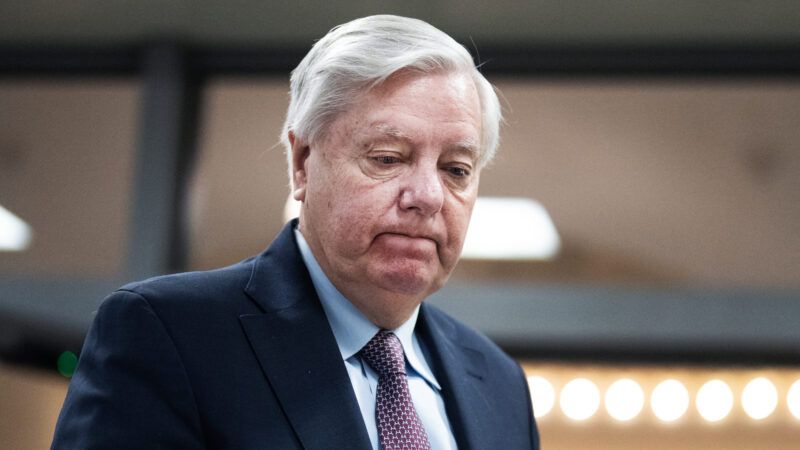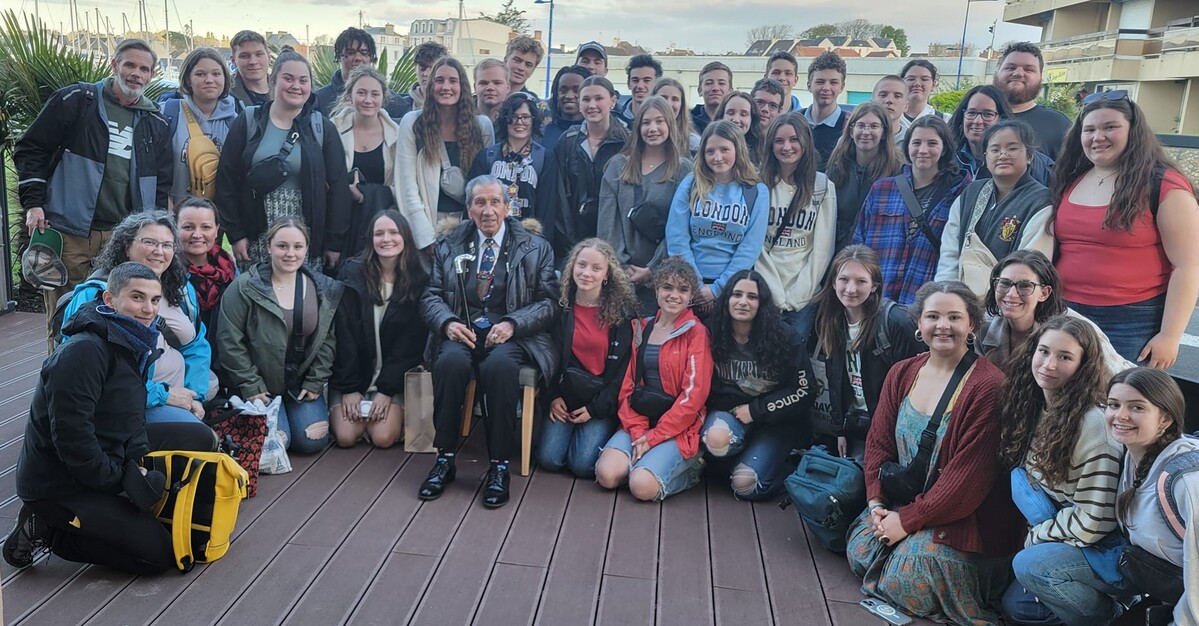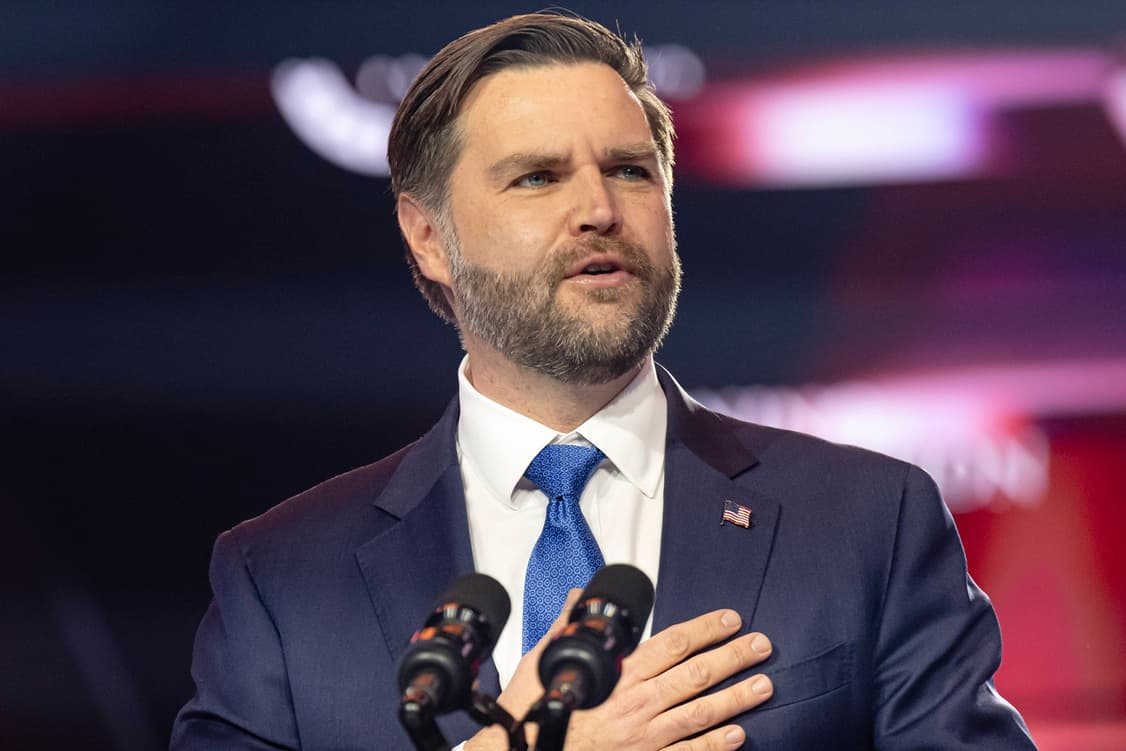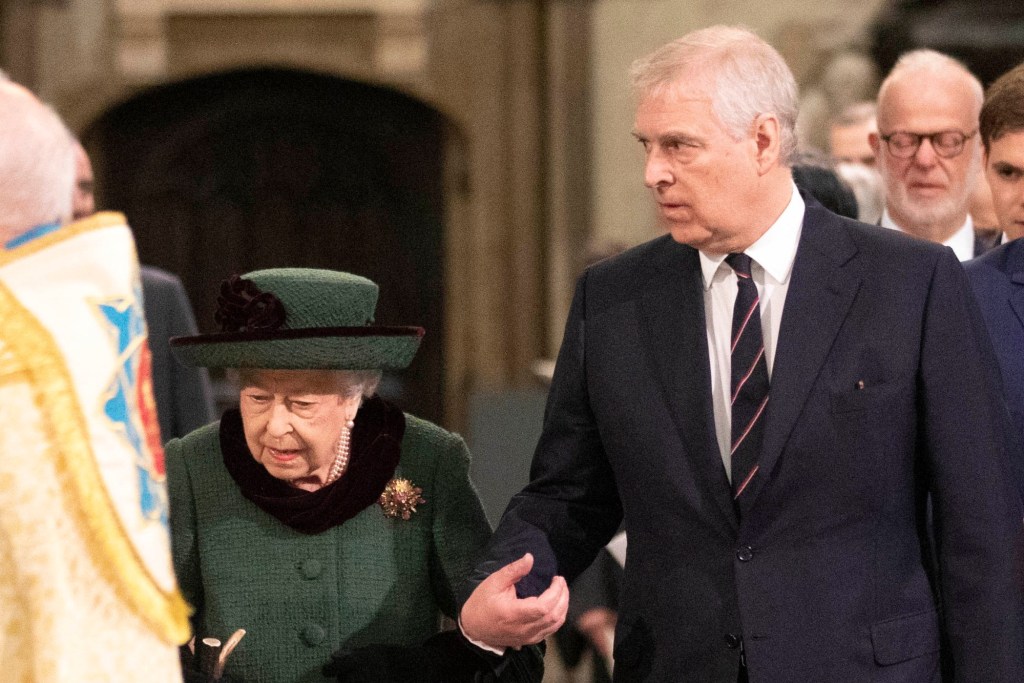UPDATE: Senator Lindsey Graham (R–S.C.) is raising alarms over federal surveillance powers after it was revealed that his phone records were secretly subpoenaed in connection with Special Counsel Jack Smith’s investigation into the January 6, 2021, riot. Graham’s outrage comes just days after news broke that federal prosecutors had obtained his records without his prior knowledge.
In a heated response, Graham accused the FBI of “spying” on him and has called for the suspension and impeachment of federal Judge James Boasberg, who authorized the controversial subpoena. Speaking on Fox News, he threatened to sue for “tens of millions of dollars” over this invasion of privacy.
The situation escalated following a revelation from FBI Director Kash Patel, who disclosed that the phone records of eight Republican senators, including Graham, were subpoenaed as part of the investigation dubbed “Arctic Frost.” The subpoenas, dated from January 4 to January 7, 2021, included gag orders, preventing telecom companies from informing Graham and others about the investigation.
Graham expressed his indignation, stating, “They spied on my phone records as a senator and a private citizen. I’m sick of it.” This statement reflects a broader concern about civil liberties, as Graham, who has previously supported expansive surveillance measures, now finds himself on the receiving end.
The senator’s complaints raise critical questions about the surveillance powers that he has, in part, helped to expand. Graham was a key supporter of the Patriot Act in 2001, which significantly broadened federal surveillance capabilities. He also endorsed the codification of these powers into Section 702 in 2008 and has a history of advocating for their reauthorization, even proposing to make them permanent in 2017.
While Graham’s newfound commitment to civil liberties is noteworthy, it highlights a troubling irony. The same surveillance mechanisms that have now affected him were established and supported by lawmakers who often prioritize national security over individual privacy rights. This raises the question: why is Graham more concerned now that he is personally affected?
As the fallout continues, the implications of this incident extend beyond Graham. It underscores the urgent need for a reevaluation of federal surveillance laws to protect the privacy of all Americans. Lawmakers have the power to reform these laws and address the overreach that has now touched Graham personally.
Next steps remain uncertain as Graham navigates his response to this situation. Observers will be watching closely to see if this incident catalyzes any meaningful changes in surveillance policy, especially given the mounting pressure from constituents and civil liberties advocates.
Stay tuned for more updates as this developing story unfolds.







